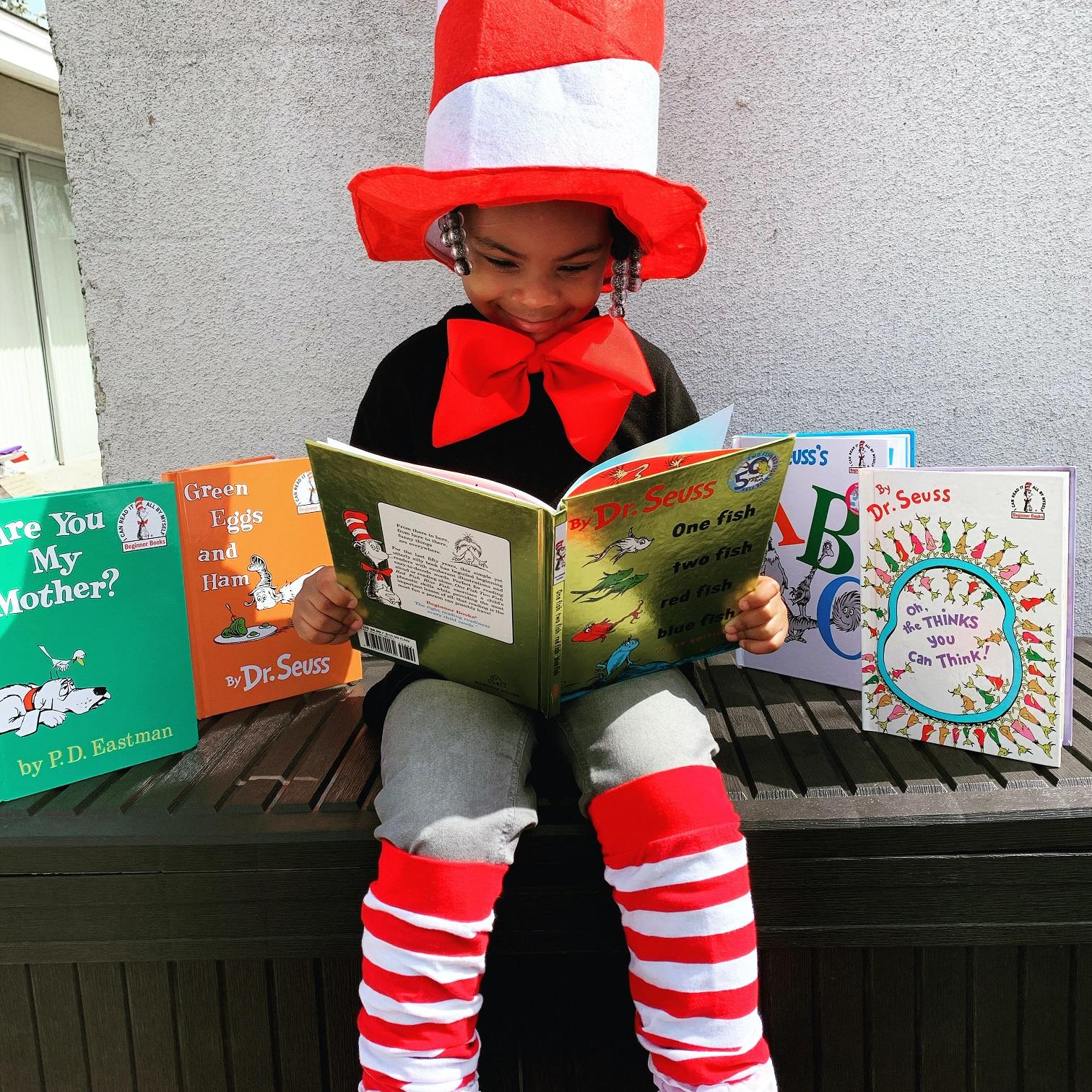- Home
- »Articles
- »Story Time
- »How to Help Your Children to Read



How to Help Your Children to Read
7 February 2023
What age should my child read?
This is a common question parents ask, particularly with their first child. As parents, we want the best for our children. We are keen for them to reach their milestones, keep up in class, reach their goals, and achieve and be happy!
But there is no definitive answer to what age your child should be reading. As with all their milestones, goals, and achievements, every child is different, and every child will get there when they are ready.
However, there are many things you can do that will help your child read.
It’s never too early to start
It really isn’t! If you’re not sure what to choose, look for the age recommendation on the book itself or explore the BookTrust’s list of age-appropriate reading. Cloth books and soft vinyl bath books might be better for very young children; something tactile that they can feel and explore with their hands as well as listen to.
Make it fun
Reading should be fun. Choose bright and colourful books. Put on silly voices, dress up, and act it out. Bring the books alive! If reading is fun, children will want to do more of it.
Read regularly
Make reading a natural, everyday part of life. Use ‘book language’ to talk about the cover, the author, the title, the blurb, etc. Read often, read as part of a daily routine, and develop a reading habit.
Let them choose
Let your child choose the books they want to read and share. Encourage them to discuss stories and talk about their likes and dislikes as they get older. That way, you can both get a better idea of what they enjoy.
Picture books
Talk about the pictures. Make up your own stories. What can you see? How does it make you feel? Give the characters voices. How might they sound? What are they doing? Tell me what you think happens next? What would you do?
Reading is about more than the words on the page; it’s an immersive experience.
Introducing books with words
The ultimate aim of reading is to understand the words on a page. At school, your child will initially be taught the phonic sound that individual letters make to spell out words. You can help them by doing the same. Eventually, they will realise the words on the page are linked to the people and activities in the pictures. This is called a reading cue and will support your child’s reading development.
Library visits (and book shops)
Immerse your child in reading. Visit libraries and spend some time exploring the shelves, sharing a story, and choosing books to take home. Libraries often partner with local schools to complete holiday reading challenges during school holidays. Why not join in!
Environmental print
Words are everywhere! Once you have begun to learn the phonic sounds that make up the language, your child can start to ‘sound out’ the words around them, for example, names of shops, tourist information signs, road names, etc. Gradually words will take shape and be recognised without needing phonics, and your child will become a fluent reader!
The BookTrust has reading guides for all age groups that you can download and print.
More information can be located here as part of the government’s Hungry Little Minds campaign launched in July 2019.
Photo by Catherine Hammond on Unsplash
